Early Years
The EYFS curriculum is divided into 3 Prime Areas of learning, and 4 Specific Areas of learning;
The prime areas are:
Personal, Social and Emotional development; this involves helping children to develop a positive sense of themselves, and others; to form positive relationships and develop respect for others; to develop social skills and learn how to manage their feelings and those of others; to understand appropriate behaviour in groups; and to have confidence in their own abilities. Children are helped to understand how to look after their bodies, including healthy eating, and managing personal needs independently.
Communication and Language: this involves giving children opportunities to experience a rich language environment and by engaging them actively in stories, non-fiction, rhymes and poems to provide them with the opportunities to use and embed words in a range of contexts. Children are helped to develop their confidence and skills in expressing themselves; and to speak and listen in a range of situations; through conversation, storytelling and role play. Through support, modelling and sensitive questioning that invites them to elaborate, children become comfortable using a rich range of vocabulary and language structures.
Physical Development: this involves providing opportunities for our children to be active and interactive. Children are provided with opportunities to play both indoors and outdoors; to create games to develop their core strength, stability, balance, spatial awareness, co-ordination and agility. Gross motor skills provide the foundation for developing healthy bodies and social and emotional well-being. Fine motor control and precision helps with hand-eye co-ordination and children are provided with opportunities to explore with small world activities, puzzles, arts and crafts and the practice of using small tools to develop proficiency, control and confidence.
The specific areas are:
Literacy: this involves encouraging children to develop a life-long love of reading. Reading consists of two dimensions, language comprehension and word reading. Children are given access to a wide range of reading materials (books, poems, and other written materials) to ignite their interest. Skilled word reading involves decoding words and the speedy recognition of familiar printed words. We develop children’s early reading and writing using Read Write Inc Phonics, as synthetic systematic phonics program.
Mathematics: this involves providing our children with opportunities to develop and improve their skills in counting, developing a deep understanding of the numbers to 10, the relationship between them and the patterns within those numbers. Children will be provided with opportunities to build and apply this understanding – such as using manipulatives, including small pebbles and tens frames for organising counting. Children will develop a secure base of knowledge and vocabulary from which the mastery of mathematics is built. Rich opportunities will be provided for the children to develop their spatial reasoning skills across all areas of mathematics including shape, space and measure; looking for patterns, relationships and spot connections about what they notice and not be afraid to make mistakes.
Understanding the World; this involves guiding our children to make sense of their physical world and their community through opportunities to explore, observe and increase their knowledge and sense of the world around them including visits to parks, libraries and museums and meeting important members of society such as police offices, nurses and firefighters. Listening to a broad selection of stories, non-fiction, rhymes and poems will foster their understanding of our culturally, socially, technologically and ecologically diverse world. As well as building important knowledge, this extends their familiarity with words that support understanding across domains. Enriching and widening children’s vocabulary will support later reading comprehension.
Expressive Art and Design; this involves enabling our children to develop their artistic and cultural awareness to support their imagination and creativity. They will explore and play with a wide range of media and materials, as well as being provided with opportunities and encouragement for self-expression, vocabulary and ability to communicate throughout the arts through what they hear, respond to and observe.
